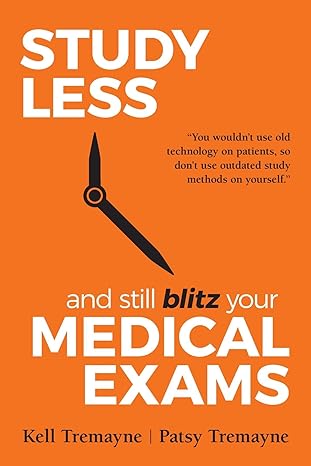- Home
- Wellbeing
Is Being a Doctor Stressful? The Pit Stop Strategy for Junior Doctors to Refuel, Reboot, and Race Toward Exam Success
If you’ve ever asked yourself, “Is being a doctor stressful?”, the answer is a resounding yes—especially for junior doctors. Between relentless clinical rounds, night shifts, and the looming pressure of specialty exams, life can feel like a high-speed Formula 1 race. You're constantly navigating sharp corners, dodging burnout, and accelerating toward the next challenge.
But even the fastest car can’t win without strategic pit stops.
This guide is your Pit Crew Manual—inspired by our book Study Less and Still Blitz Your Medical Exams - designed to help you refuel your brain, change your mindset tires, and fine-tune your performance.
Whether you're battling fatigue, anxiety, or self-doubt, these 6 principles will help you stay on track and cross the finish line with confidence.
Is Being a Doctor Stressful? Six Key Principles for Staying on Track
1. Tire Change: Exercise as Brain Fuel |
2. Refuel: Sleep Hygiene
|
 |
 |
3. Engine Tune-Up: Stress Management
|
4. Hydration & Fuel Mix: Nutrition and Fluids
|
 |
 |
5. Team Radio: Social Connection
|
6. Scheduled Maintenance: Recovery Breaks
|
 |
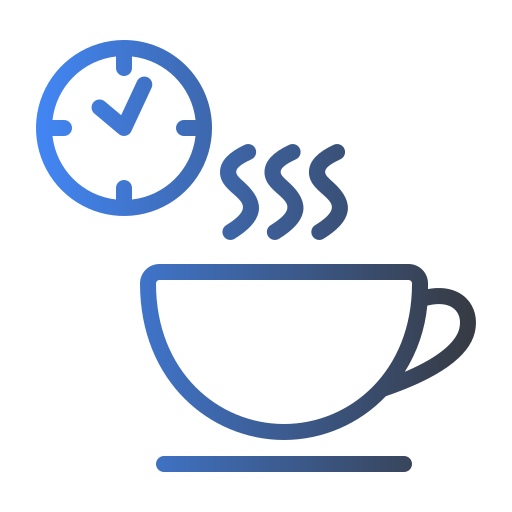 |
Lets look at these key principles in more detail below:
1. Tyre Change: Exercise as Brain Fuel
When you're wondering, “Is being a doctor stressful on the body?”, the answer is a clear yes.
Long hours, irregular shifts, and the pressure to perform under fatigue take a toll - not just physically, but mentally.
Junior doctors often find themselves sitting for extended periods, skipping workouts, and sacrificing movement for more study time. But this trade-off is counterproductive.
Think of your body like a high-performance race car. Without regular tire changes—your metaphorical exercise routine—you lose grip, control, and efficiency. Exercise isn’t just about fitness; it’s a cognitive enhancer.

Why It Matters:
- Increases neuroplasticity and memory retention.
- Balances neurotransmitters for sharper focus.
- Reduces stress and improves mood.
Quick Pit Crew Fixes:
- 2–10 minutes of movement before study = better encoding.
- HIIT at home = flexible and effective.
- Walk-and-talk breaks = double-duty recovery.
Exercise also acts as a buffer against burnout. It reduces cortisol, lifts mood, and helps you feel more in control—something that’s often lost in the chaos of clinical rotations and exam prep. Whether it’s a brisk walk, a short HIIT session, or dancing to your favorite song, movement is your pit crew’s secret weapon.
“Motion is medicine. Exercise isn’t time away from study—it’s what makes your study stick.”
So next time you feel overwhelmed and ask, “Is being a doctor stressful?”, remember: the stress is real, but so is the solution. A quick tire change might be all you need to get back on track.
2. Refuel: Sleep Hygiene
Sleep is your fuel stop. Without it, your cognitive engine misfires. Your memory falters, your emotional regulation weakens, and your ability to retain and retrieve study material plummets.
In our book we argue that sleep that is underpinned by good sleep hygiene is not a luxury—it’s a non-negotiable performance enhancer.

Sleep Science:
- Consolidates memory and clears mental clutter.
- Sleep deprivation mimics intoxication—dangerous on the track and in exams.
Pit Crew Protocol:
- Study earlier, wind down with quiet time.
- Avoid screens and heavy meals before bed.
- Use blue-light filters or switch to paper notes.
Case Study: David, a surgical trainee, was studying until 1 a.m. after 12-hour shifts and getting only three hours of sleep. He couldn’t retain what he read and felt constantly foggy. After adjusting his evening routine—eating earlier, studying earlier, and winding down with quiet time—he began sleeping six hours a night. His memory improved, and so did his confidence.
So if you’re wondering, “Is being a doctor stressful because it robs you of rest?”, the answer is yes—but it doesn’t have to. With better sleep hygiene, you can reclaim your energy, your memory, and your wellbeing.
3. Engine Tune-Up: Stress Management
Is being a doctor stressful emotionally?
Absolutely.
The emotional toll of medicine is like engine overheating—some heat is necessary to drive performance, but chronic stress melts your wiring and warps your internal systems.
Doctors operate in high-stakes environments where the pressure to perform is relentless. Long hours, emotionally charged patient interactions, and the looming weight of exams create a perfect storm for chronic stress. While acute stress can sharpen focus and boost motivation, sustained stress impairs memory, decision-making, and emotional regulation.
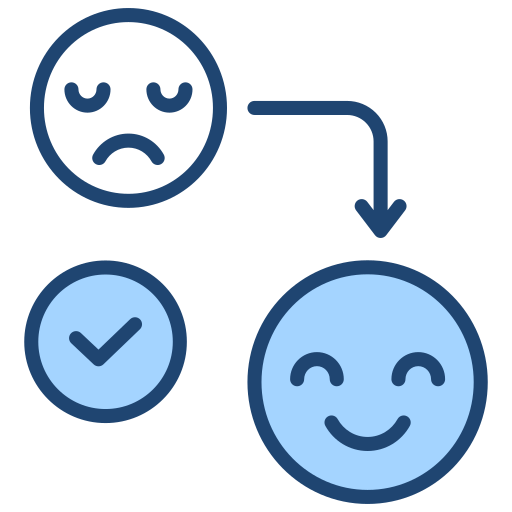
We liken stress to a bucket slowly filling with water.
Each drop represents a stressor—unrealistic expectations, lack of control, poor sleep, or strained relationships.
Without proper outlets (or "taps"), the bucket overflows, leading to burnout, anxiety, and even depression.
Warning Signs:
- Exhaustion, cynicism, self-doubt.
- Memory lapses and emotional volatility.
Cooling System:
- Breathwork: 4-4 breathing to activate calm mode.
- Mindfulness: 5 minutes a day keeps burnout at bay.
- Reframe failure: “I haven’t passed yet” keeps your engine hopeful.
“Resilience isn’t about toughing it out—it’s about responding to stress with minimal psychological cost.”
So, if you’re wondering, “Is being a doctor stressful emotionally?”, the answer is yes—but it doesn’t have to be debilitating. With the right tools, you can tune your engine, manage the heat, and keep driving forward.
Here are some ways to reduce stress quickly.
4. Hydration & Fuel Mix: Nutrition and Fluids
When your daily fuel consists of caffeine, vending machine snacks, and skipped meals, your body and brain are running on fumes. Nutrition isn’t just about calories—it’s your fuel mix, and getting it right is essential for cognitive clarity, emotional stability, and long-term resilience.
Just like a Formula 1 car needs premium fuel and regular pit stops, your brain needs high-quality inputs to function at peak capacity.
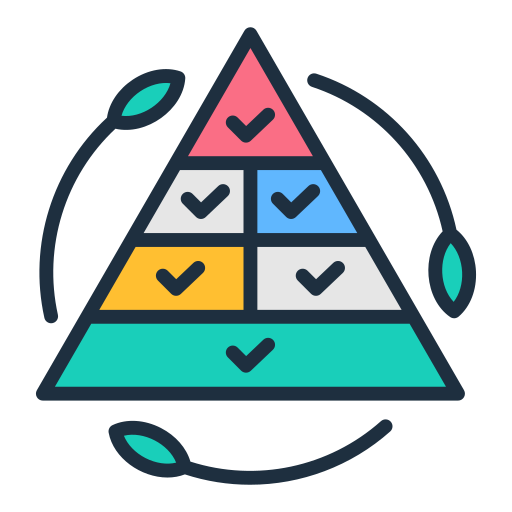
Premium Fuel:
- Complex carbs for endurance.
- Healthy fats for brain power.
- Lean proteins for neurotransmitter support.
Avoid:
- Sugar spikes that crash your memory.
- Greasy meals that clog your system.
Hydration Tips:
- Keep water within reach—always.
- Add electrolytes during long shifts.
Pro Tip: Prep meals like a pit crew—efficient, reliable, and performance-focused. Here are some ideas to consider for a healthy balanced diet.
5. Team Radio: Social Connection
Even the best drivers rely on their team. Isolation is like losing radio contact—it’s disorienting and dangerous.
Social connection is a critical pillar of resilience.
The Four Burner Theory—work, health, family, and friends—illustrates the tension between professional demands and personal wellbeing. Many junior doctors feel forced to turn off the “friends” burner to succeed. But this trade-off comes at a cost.

Why Connection Matters:
- Reduces cortisol and boosts oxytocin.
- Provides emotional support and perspective.
- Prevents burnout and builds resilience.
Stay Tuned:
- Schedule short catch-ups—even 10 minutes helps.
- Join or start a study group.
- Combine social time with movement.
“Balance all four burners—work, health, family, and friends—to keep your engine humming.”
Isolation isn’t a badge of honor—it’s a warning light. Reconnect your team radio. Whether it’s a quick call to a friend, a shared laugh with a colleague, or a moment of vulnerability with a mentor, these connections are your lifeline.
6. Scheduled Maintenance: Recovery Breaks
No car finishes a race without pit stops. Your brain needs the same—planned pauses to prevent breakdowns.
If you’re wondering, “Is being a doctor stressful because there’s no time to rest?” this is your reminder: rest isn’t a luxury—it’s a performance strategy.
Just like a race car needs pit stops to refuel, change tires, and recalibrate, your brain needs deliberate recovery breaks to maintain peak performance.
Here’s why scheduled breaks matter:
- Cognitive fatigue reduces memory retention and recall.
- Chronic stress impairs learning and increases burnout risk.
- Sleep and exercise aren’t distractions—they’re brain optimization tools.
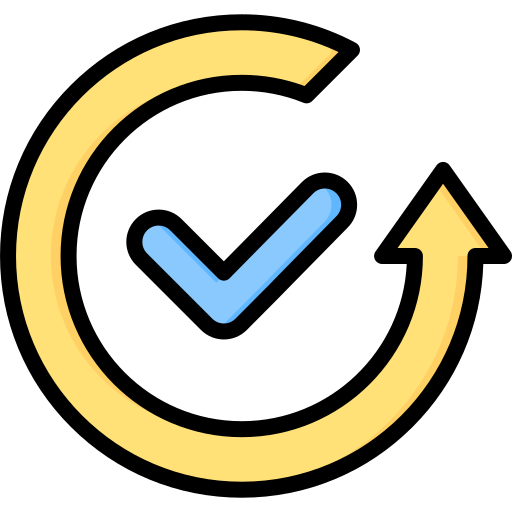
Recovery breaks aren’t just about stepping away from the desk. They’re about strategic rejuvenation:
- Micro-breaks: 5–10 minutes every hour.
- Macro-breaks: Half or full days off.
- Mental breaks: Change scenery or tasks.
Study Smarter:
- Use the Pomodoro method: 50 minutes on, 10 minutes off.
- Breaks aren’t indulgent—they’re strategic.
“Recovery isn’t a detour—it’s part of the race plan.”
Final Lap: Crossing the Finish Line with Confidence and Clarity
As the race winds down and the checkered flag comes into view, it’s time to reflect on the journey. You’ve navigated the sharp turns of clinical rounds, endured the long straights of night shifts, and faced the unpredictable weather of exam pressure. But what kept your engine running wasn’t just grit—it was strategy.
Every pit stop you’ve made—whether it was a moment of mindfulness, a walk around the block, a good night’s sleep, or a well-timed study break—was a deliberate act of self-care. And that’s what separates burnout from breakthrough.
Burnout in junior doctors isn’t a personal failure—it’s a systemic challenge. But with the right tools, mindset, and support, you can protect your wellbeing and still perform at your peak. You’ve learned how to:
- Study smarter, not harder, using techniques that align with how your brain actually learns.
- Build resilience as a junior doctor, not by pushing through pain, but by pacing yourself with purpose.
- Prioritize doctor wellbeing through exercise, sleep, nutrition, and connection.
- Manage stress during medical training with breathwork, recovery breaks, and reframing setbacks.
So as you prepare for your next exam—or your next shift—remember: you’re not just a driver in this race. You’re the strategist, the technician, the pit crew, and the champion.
Take the next lap with intention. Refuel often. Tune your engine. And when the pressure builds, trust your training and your tools.
Because success isn’t just crossing the finish line—it’s how you race.


